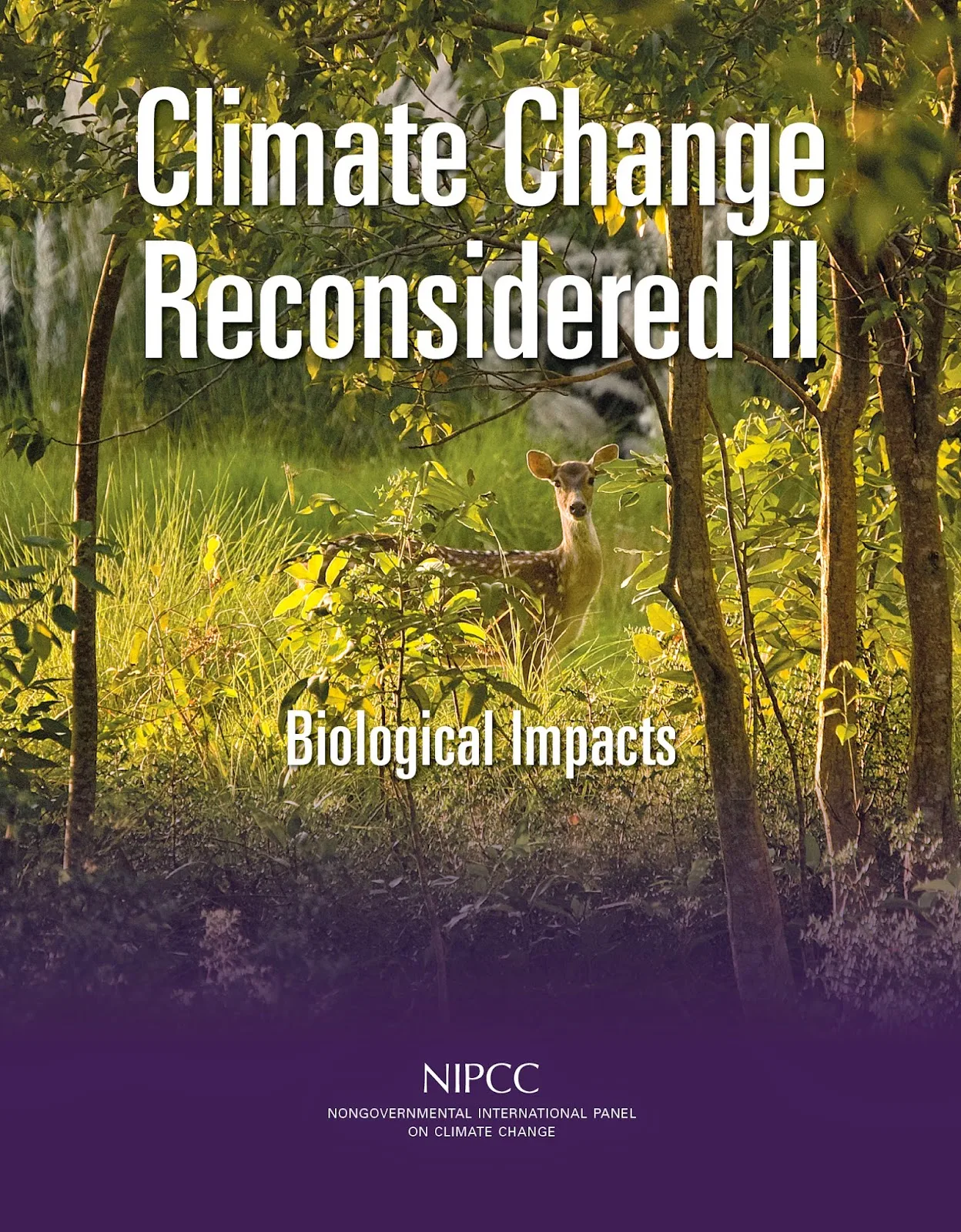'There was a time when common sense and common decency counted for something. Educators felt a responsibility to equip students with solid skills that could take them anywhere they wanted to go in later life -- enable them to become doctors, engineers or whatever they wanted to be.
Too many of today's "educators" see students as a captive audience for them to manipulate and propagandize.'
The quotes above, and in the title of this post, are from an article by the scholar Thomas Sowell, published two days ago at Townhall.com under the title 'Moral Bankruptcy'. The article is not about climate alarm or other eco-campaigning in schools, but it could have been. It is about forced visits of children from a low income district of New York to a private school somewhere wealthier. Sowell points out that this part of a shocking waste of educational time. He notes:
'When the low-income youngsters visited the posh private school, "they were just overwhelmed" by it, according to the New York Times. "One kid ran crying off campus." Apparently others felt "so disheartened about their own circumstances."
What earthly good did that do for these young people? Thank heaven no one was calloused enough to take me on a tour of a posh private school when I was growing up in Harlem.'
One imagines it was the brainwave of some determined campaigner for something or other who saw an opportunity to exploit the children for his or her own ends. Let us note that surveys have shown anxious and despondent children scared by climate alarmism. They too are no doubt 'disheartened about their own circumstances'. Sowell was not impressed:
'No doubt those adults who believe in envy and resentment get their jollies from doing things like this -- and from feeling that they are creating future envy and resentment voters to forward the ideological agenda of the big government left.
But at the expense of kids?'
This was part of a programme which paired children from each of the two schools. It not only upset some of them, but as Sowell points out, it wasted the time of the poor kids in particular:
'This school visit was not just an isolated event. It was part of a whole program of pairing individual youngsters from a poverty-stricken neighborhood with youngsters from families that can pay 43 grand a year for their schooling.
What do these kids do? They tell each other stories based on their young lives' unripened judgment. They go to a big park in the Bronx together and take part in a garden project there. They talk about issues like gun violence and race relations.
They have a whole lifetime ahead of them to talk about such issues. But poor kids, especially, have just one time, during their school years, to equip their minds with math, science and other solid skills that will give them a shot at a better life.
To squander their time on rap sessions and navel-gazing is unconscionable.
This is just one of many programs dreamed up by "educators" who seem determined to do anything except educate. They see school children as guinea pigs for their pet notions.'
The same kind of callousness or detachment from reality must be found in those who insist on scaring children into being political activists for 'sustainable development' or some other climate-scare driven activity. Sowell finishes with these words, which could readily be applied to no end of climate-related materials and events aimed at school-children on and around climate alarms:
'At a time when American youngsters are consistently outperformed on international tests by youngsters in other countries, do we have the luxury of spending our children's time on things that will do absolutely nothing for them in the years ahead? Are children just playthings for adults?
Maybe the affluent kids can afford to waste their time this way, because they will be taken care of, one way or another, in later life.
But to squander the time of poor kids, for whom education is often their only hope of escaping poverty, is truly an irresponsible self-indulgence by adults who should know better, and it is one more sign of the moral bankruptcy of too many people in our schools.'





